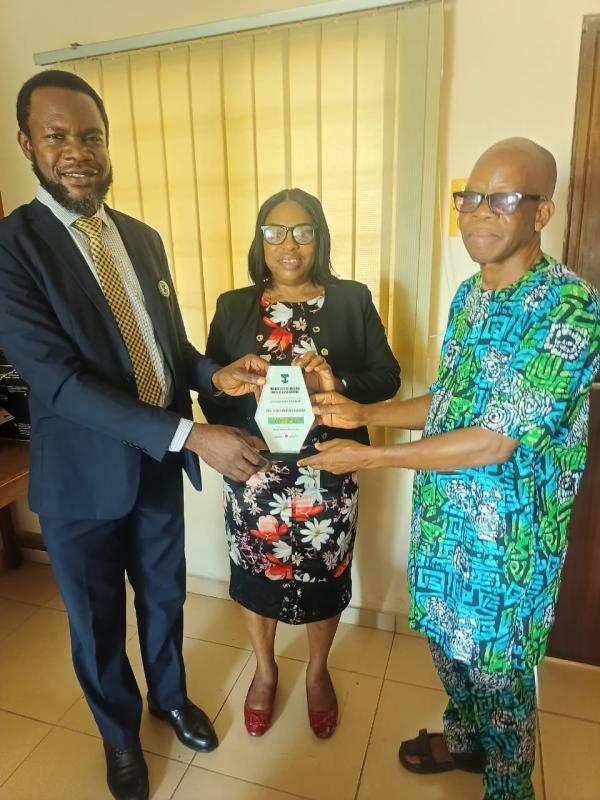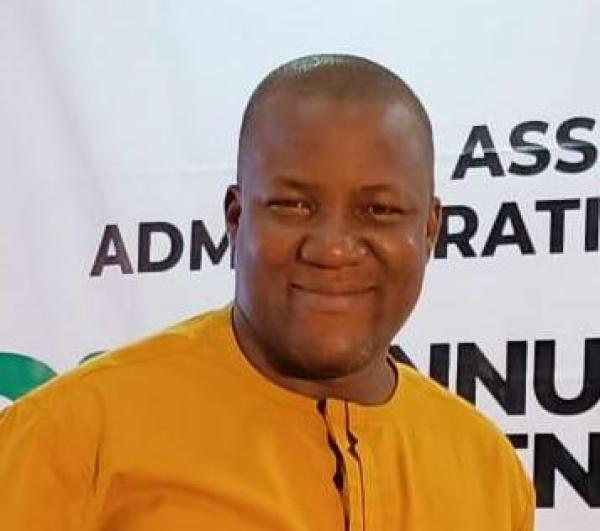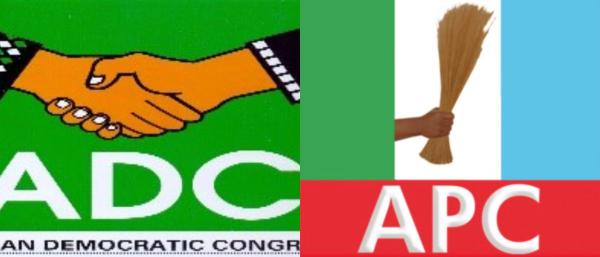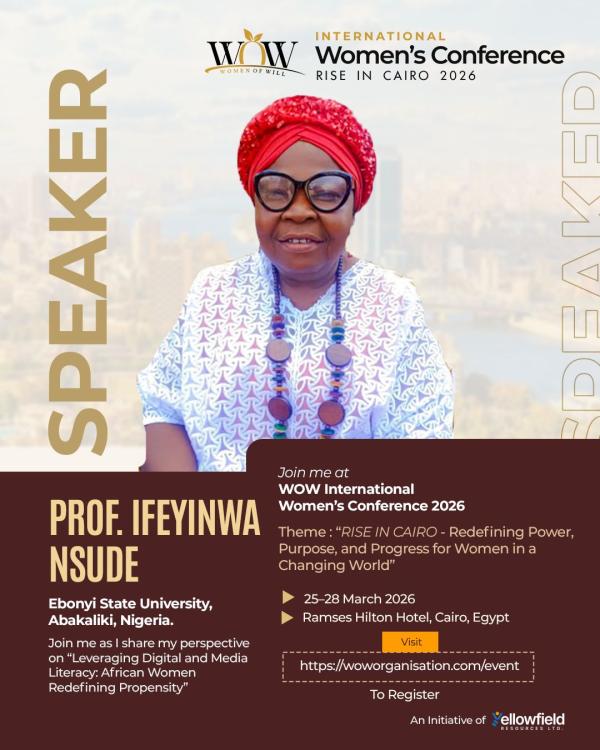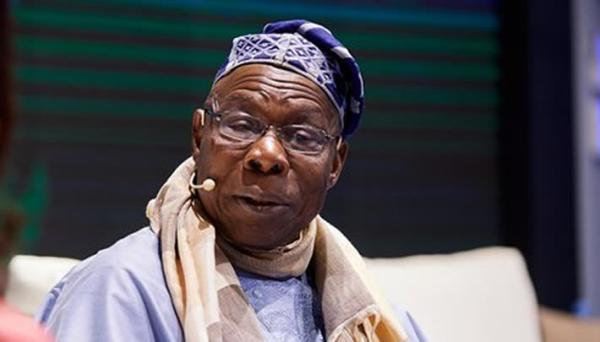
Former President, Olusegun Obasanjo on Tuesday called on African countries to pool their resources together toward forming stronger pan-African economic ties.
The traditional economic concept of Pan-Africanism has usually entailed the call on African people – in the African continent or the Diaspora – to pool their resources in order to establish economic power for the common good.
Obasanjo made the call in Lagos at the commemoration of Angola’s National Founder and Hero’s Day 2024, marked annually on Sept. 17.
The event was held to celebrate the legacy of Angola’s first President, Agostinho Neto who proclaimed the country’s independence on Nov. 11, 1975.
The event, with the theme, “Pan-Africanism in the Political Course by Agostinho Neto”, was organised by the Embassy of Angola in Nigeria.
NNetowho died in Moscow at the age of 56 and was Angola’s president from 1975 to 1979.
In his address, Obasanjo highlighted various pan-African struggles.
“One of the things we tend to do as humans is forget the past and our leaders who made sacrifices for what we are enjoying today.
“We have achieved political and cultural pan-Africanism to an extent but now we have to focus on the economic liberation of Africa.
“I want to talk about the economic aspect which seems like we have yet to pay enough attention to until now when our leaders started to introduce African Continental Free Trade Agreements.
“Our pan-africanism must be strong. When we were formulating the charter for a new African Union (AU) from Organisation of African Unity (OAU), we dwelt more on economic ties,” he said.
Obasanjo, a former AU chairman stressed the importance of stronger economic ties for the growth of Africa.
“One of the things we have been doing is struggling for the economic emancipation of Africa but we have not done this too well.
“We should ask ourselves, why did we have slave trade? It is because some nations want energy to develop their new world and make money.
“The slave trade was substituted with colonialism and then exploitation to develop other continents. We have others, but they are still withholding economic power.
“Economic pan-africanisim is what I believe we should now pay attention to which will lead to the economic liberation of Africa,” he emphasised.
Obasanjo also praised the efforts of former Cuban President, Fidel Castro in the liberation of Angola, describing his work as significant.
According to Obasanjo, the Nigerian government supported the Angolan government with financial aid worth 20 million dollars in the fight for liberation.
“As far as pan-africanisim is concerned, as long as we are economically weak, we are going nowhere and we can’t do it alone.
“Pan-africanisim today should be the liberation of Africa economically and we have to continue together from where Augusto Neto stopped.
“We need to ensure and achieve the economic liberation of Africa,” he stated.
Angolan ambassador to Nigeria, José Zau said Neto’s principles shaped the philosophy of the African brotherhood today.
According to him, the choice of Lagos for the commemorative event is significant due to the historical ties between late Neto and the city.
“It was here during the regime of President Olusegun Obasanjo that Neto was honoured by the University of Lagos in the 1970s with the prestigious award of Doctor Honnoris Causa.
“This award from the University of Lagos, associated with Neto’s political career made him an unavoidable figure in the history of political ideas in Angola and Africa,” Zau said.
Foreign Affairs Minister, Yusuf Tuggar represented by Olamide Adediro reaffirmed the strong ties of friendship, solidarity and cooperation between Nigeria and Angola.
He said Nigeria remained committed to deepening her partnership in the spirit of pan-Africanism as both nations worked work together to address the challenges and realize the aspiration of Africa.
“Nigeria is proud to have played a part in supporting Angola’s independence struggle guided by the same ideals that have shaped our own journey.
“Neto’s vision of a united and self-reliant Africa is one we share with our Angolan brothers and sisters. The Libration of Angola was not only a triumph for Angola but a victory for all African and the entire black race.”












